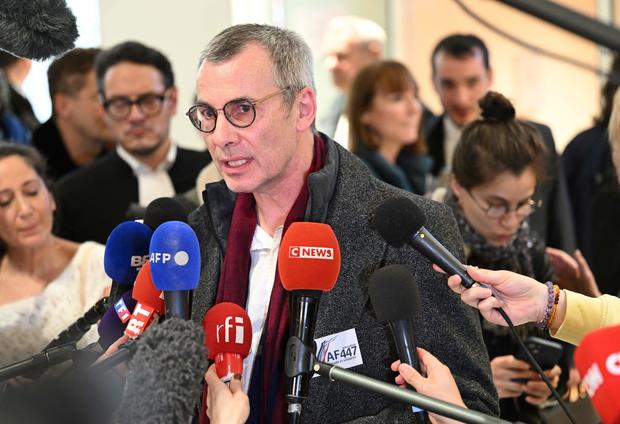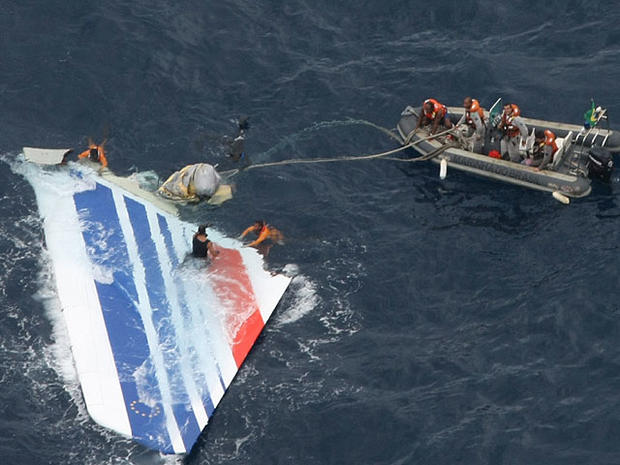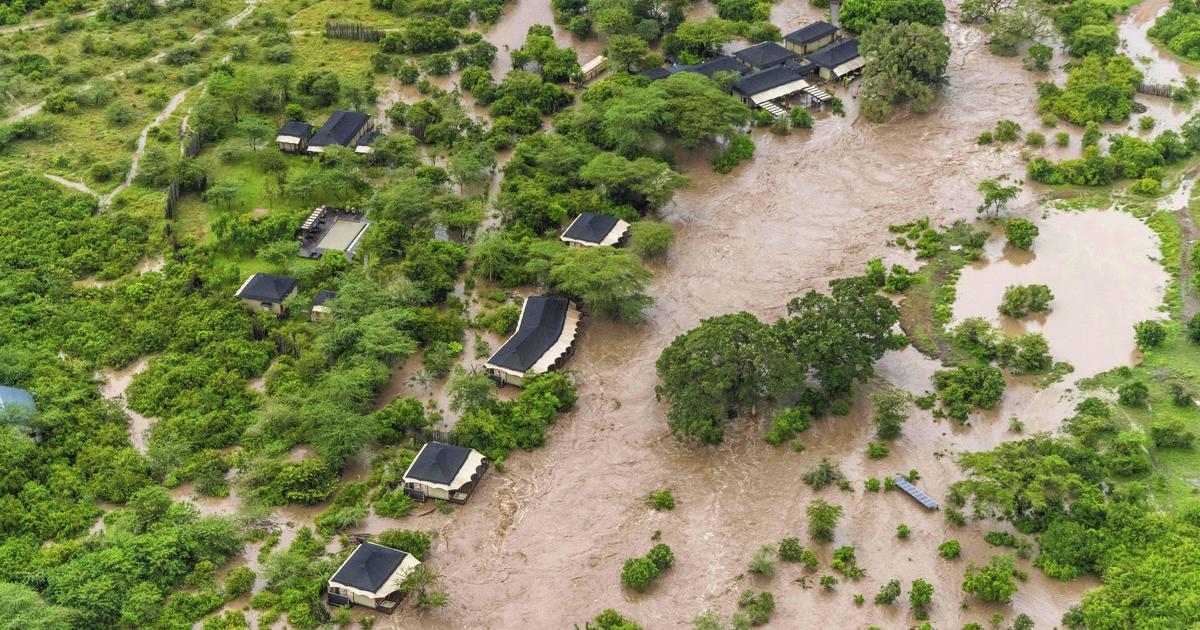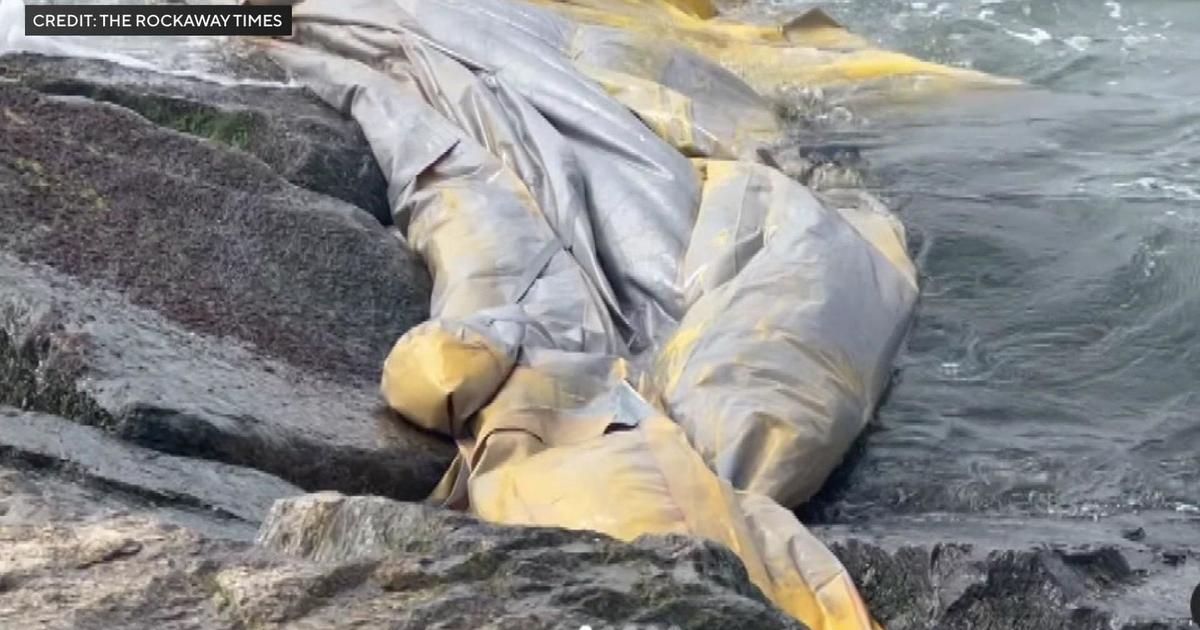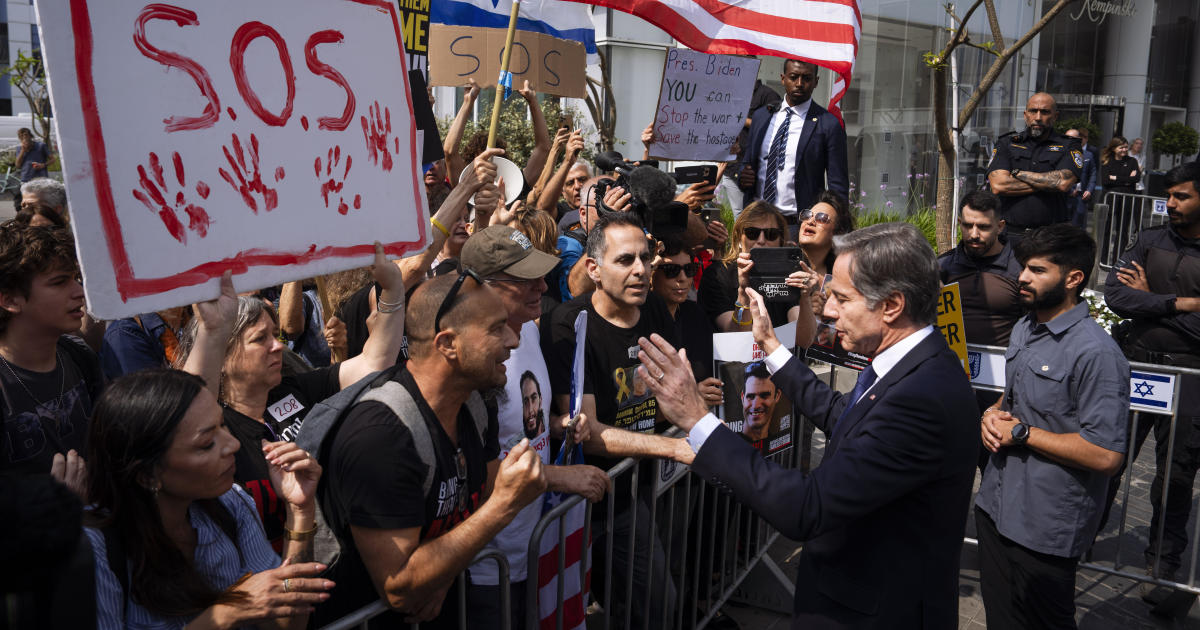Air France and Airbus acquitted of involuntary manslaughter in 2009 crash of Flight 447 from Brazil to Paris
Paris — A Paris court on Monday acquitted French plane manufacturer Airbus and national carrier Air France of involuntary manslaughter over the 2009 crash of Air France Flight 447, which went down in the Atlantic Ocean en route from Rio de Janeiro, Brazil to Paris. Almost 14 years after the crash that killed all 228 people on the jet, relatives of the victims said after the court's ruling that they felt justice still had not been done.
The plane plummeted into the Atlantic on June 1, 2009, after a catastrophic chain of events that lasted just four minutes and 24 seconds. There were 34 nationalities on board the transatlantic flight. Among the 216 passengers there were 126 men, 82 women, 7 children and a baby. It took two years to recover the flight data recorders, or "black boxes" from the seabed.
The two French giants of the aviation industry had been charged with involuntary manslaughter over the crash. They denied the charges throughout the trial, which ran from October to December 2022.
The Paris court ruled that neither company could be held responsible for the crash of the Airbus A330-200. The judges said that even if "errors" had been committed, "no certain link of causality" between those mistakes and the accident could be proven.
As the verdict was read out, many victims' relatives in court looked stunned. There were tears and some explosions of anger outside the courtroom afterward as they digested the news.
Philippe Linguet, who lost his brother Pascal in the crash and is now vice-president of the victims' group Entraide et solidarité AF447, called it "a day of infamy, mourning, sadness and shame."
The verdict was hardly a surprise. In December, the prosecution concluded its case by calling for an acquittal, saying the crash was mostly down to pilot error.
A lawyer for the victims' association, Alain Jakubowicz, said after the verdict was delivered however that it was clear from the evidence that it was not the pilots' fault alone.
"It's a verdict that is hard for the victims' families to understand," he said. "There were errors. This accident could have been avoided. It should have been avoided."
Ophélie Touillou lost her brother Nicolas in the crash. Speaking through tears, she said she felt the ruling was "deeply unjust."
"I think the law is poorly constructed, because we heard the word 'responsible' and we were told mistakes were made and not just one, at Airbus and Air France, so, for us and every one of your readers and those watching us, it's hard to understand how, today, companies can make mistakes that we're told come with a very high probability of death — that's what we're told, 'a very high probability,' and without that, it is most likely it would not have happened. Yet, they are acquitted. I'll admit that today, I find it very difficult to understand my country's judicial system."
Atmospheric sensors on the aircraft's wings iced over during the night-time flight over the ocean. That prompted inaccurate messages to be sent to the two co-pilots who were at the controls. Unaware of the problem, their contradictory responses only aggravated the situation.
The cockpit voice recorder revealed that the two were taking conflicting actions, unaware of what the other was doing. The captain was on a sleep break and when he came back into the cockpit, he did not take over the controls but left his subordinates in charge as the situation deteriorated.
After the crash, it was revealed that Air France was aware that there had been some weather effects on the same atmospheric sensors as were on the Rio-Paris flight as early as 2001. However, the airline had not replaced them. Shortly after the crash, Airbus recommended that Air France replace the sensors on its long-haul A330 aircraft, which it began doing in August 2009.
This was France's first trial for corporate involuntary manslaughter, and the companies had faced a maximum fine of $245,680.
